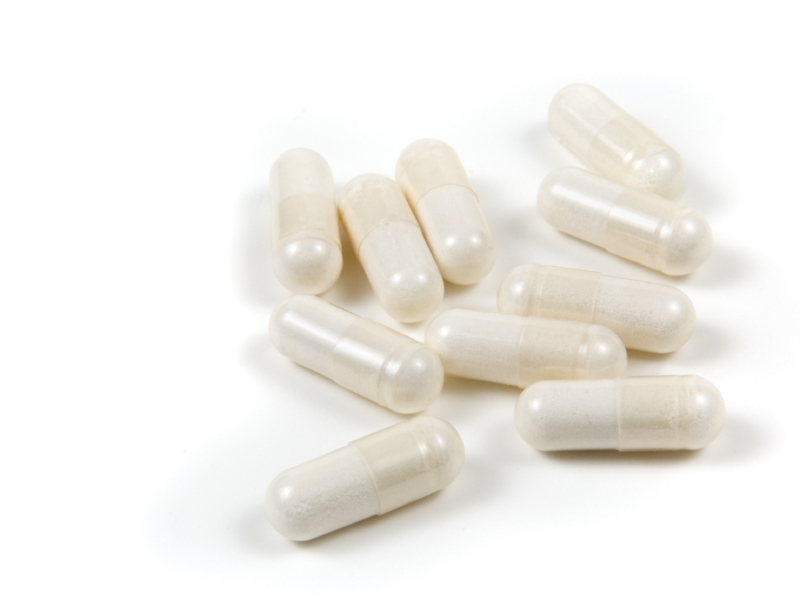Lithium Plus An Atypical Antipsychotic Was More Effective Than Valproate Plus An Atypical Antipsychotic In One Study, But Not Another
Evaristo Nieto et al. of Spain presented a poster about the naturalistic study of the efficacy of acute treatment of manic inpatients with lithium and valproate at the 2014 meeting of the International College of Neuropsychopharmacology. In the lithium group, all patients were treated with lithium and oral antipsychotics (N=85). In the valproate group, all were treated with valproate and oral antipsychotics (N=92). Outcome was measured using scores on scales for mania and for general functioning (the YMRS and the CGI-S). The atypical antipsychotic was typically olanzepine or risperidone.
Nieto et al. found that the mean change in CGI scores from baseline to the day of discharge was significantly higher in the lithium group (-2.84 versus -2.6), and concluded that, “Although it is used in more severe cases, treatment of manic inpatients with lithium associated with antipsychotics is more effective than treatment with valproate associated with antipsychotics.”
However, W.M. Bank et al. came to the opposite conclusion in a Korean study. Bank et al. “compared the 1-year rehospitalization rates of first-episode bipolar manic patients?who were discharged while being treated with lithium or valproate in combination with an?atypical antipsychotic….The rehospitalization rate was 17.3% during the 1-year follow-up period.”
Bank et al. found significantly higher rates of rehospitalization in the lithium (23.1%) compared to the?valproate (13.3%) group using the Kaplan-Meier formula for estimations.


